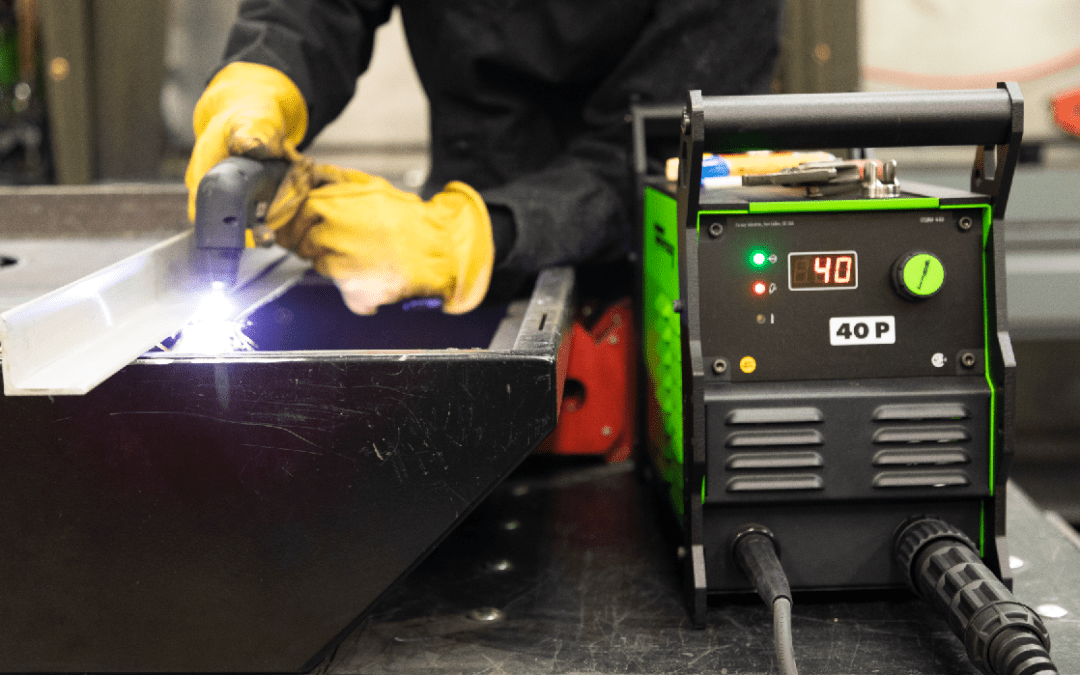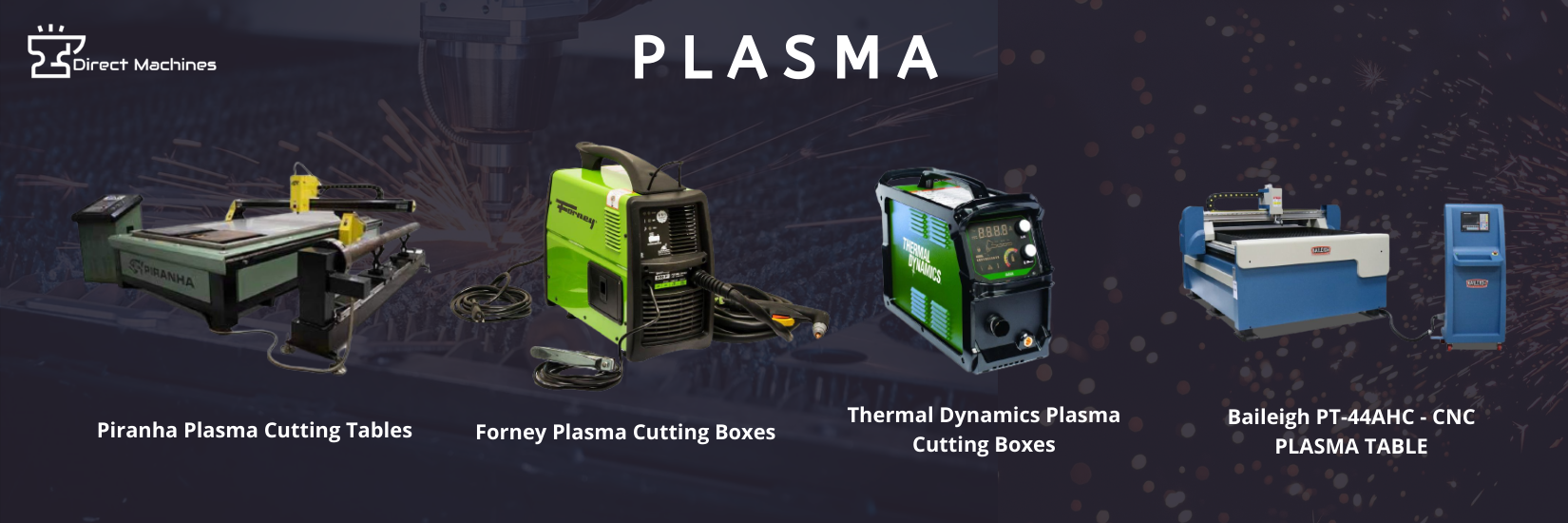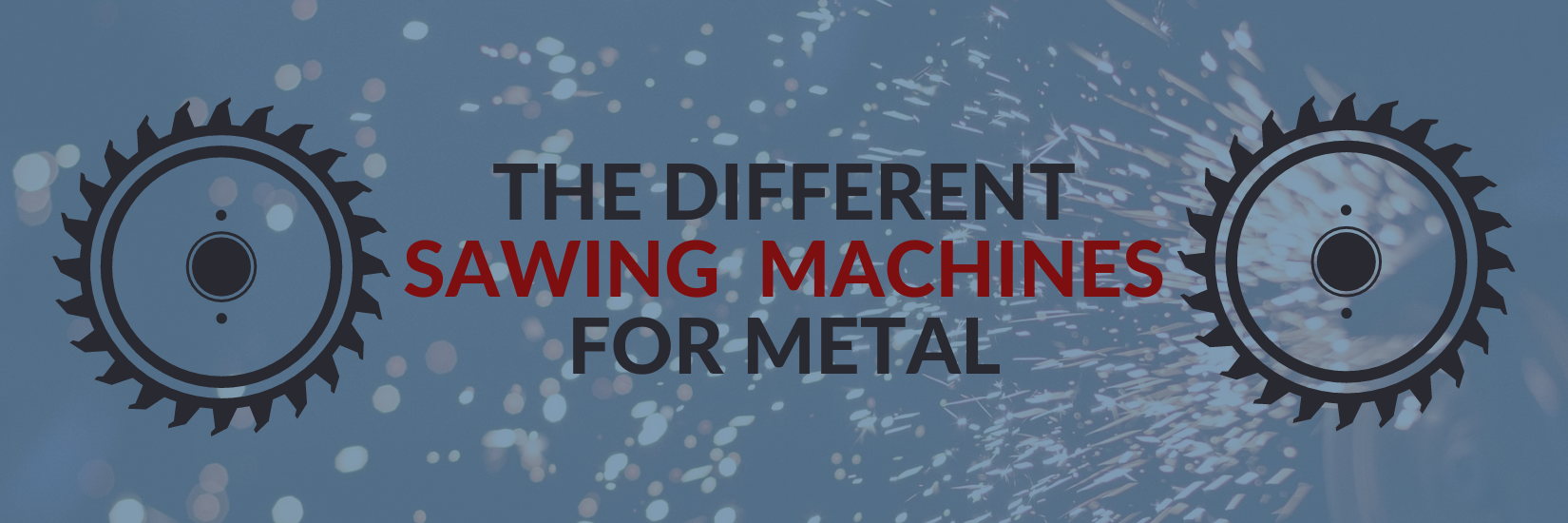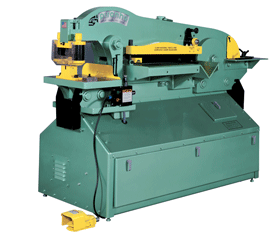FREE DELIVERY FOR WELDING*
* On Business Days - Purchases $100 or More
2.5% OFF By paying with Check, Wire or ACH
Online and Call-Ahead Orders
* Minimal Purchase Price $100
What are the different types of welders?
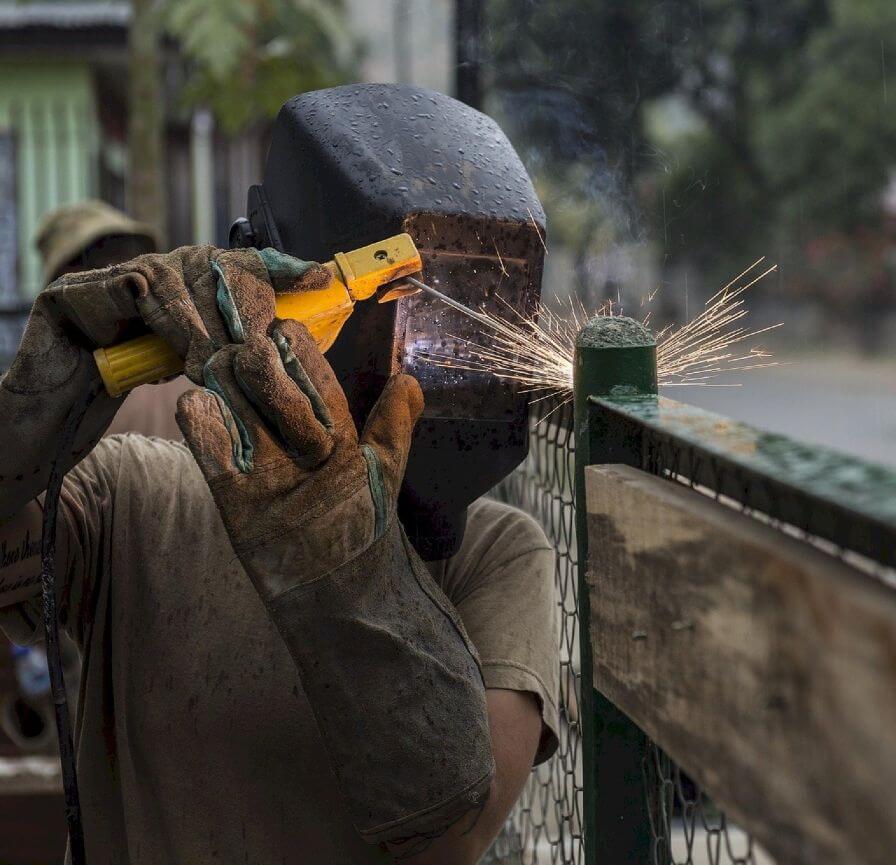
Whether you are a novice or expert welding operator, selecting the right welding machine is as vital as your welding skills. Unfortunately, when it comes to welding, “one size fits all” is not an option. Therefore, you should choose the welder that is best suited for your project while reviewing the material types when welding.
The 4 Types of Welding Products
Each type of welding machine belongs to one of the four basic welders. These cateogries are metal inert gas welding (MIG), tungsten inert gas welding (TIG), flux-cored arc welding, and stick welding (also known as manual metal arc welding). There are also other more sophisticated machines which are more expensive and we will therefore not discuss.
Each of the four welders above has its pros and cons and are uniquely suited for particular welding jobs. Below is a comparison of the four welding types and the metals they can work on:
The Benefits of Each Welding Type
MIG WELDING |
TIG WELDING |
|
· Welds at a fast rate and cost less · Produces a neat weld · Easier to learn & can be operated adequately by amateur welders · Welds thinner metals than stick welding · Fuses thick metals effectively · Suited for indoor jobs since it requires a continuous supply of shielding gas · Welds steel, stainless steel, aluminum alloys and silicon bronze
|
· Not easy to learn / not suitable for amateurs · Known as the strongest welding types due to its high quality welds · Provides a very precise weld, though it is a slow process · Can be used at lower amperages for thinner metal · Best used for automobile and building works because it has an aesthetic finish · The heat supplied can be adjusted with the foot · It is the preferred choice when neat jobs are required · Welds steel, stainless steel, aluminum alloys, brass, copper and attractive/exotic metals like magnesium and titanium
|
FLUX CORED WELDING |
STICK WELDING |
|
· Effective for welding rust or dirty metals · Metal removal rate is high due to its greater penetration · Welds thick materials well · Operated with or without gas. The ones without gas are self-shielded, hence suitable for an outdoor project · Welds stainless steel, aluminum and steel · Great welding for repairs, shipbuilding, and other types of thick-metal manufacturing |
· Best preferred for fast repair of metal parts · Suitable for welding thick materials · Preferred for use outdoors or drafty areas . Easily set up with the use of the stick electrode · Better suited for bonding rusty or dirty metals · Used with cast iron, steel and stainless steel |
Aside from the welders' characteristics and the type of metals they can weld, the amount of current produced by the machine and weld time must also be considered. These two factors allow the machines to vary in price since thicker materials require more heat (which may mean more current) for them to be effectively welded.
The duty cycle of the machine is also affected by the required welding current of the material within a given time. The duty cycle is the amount of continuous weld a machine can perform within a specific time. Exceeding the designed duty cycle can damage the machine scine it could heat up beyond its acceptable limit.
Finally, it is important you also factor the cost of using gas or gasless for a stick or MIG welding, as this may imply additional expenses.
If you are interested in any of our welders, please contact us at either [email protected] or at (781) 937-5655 for more information.

